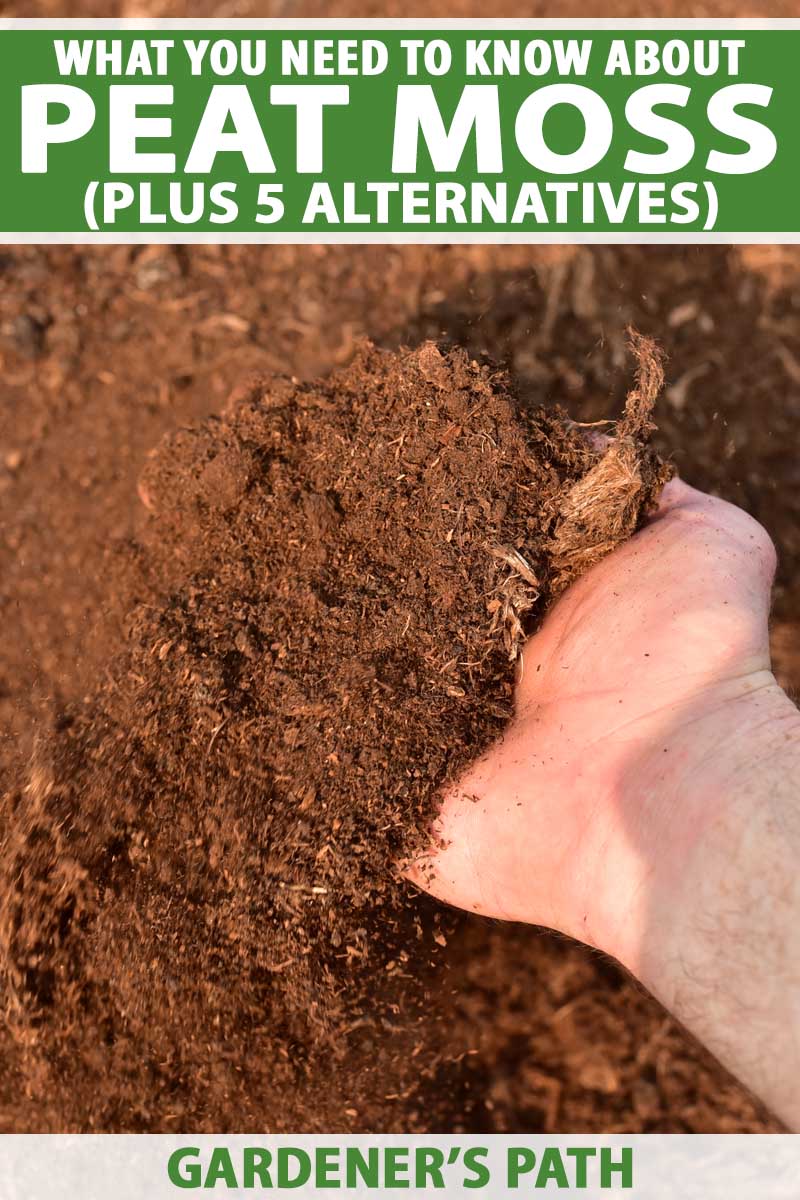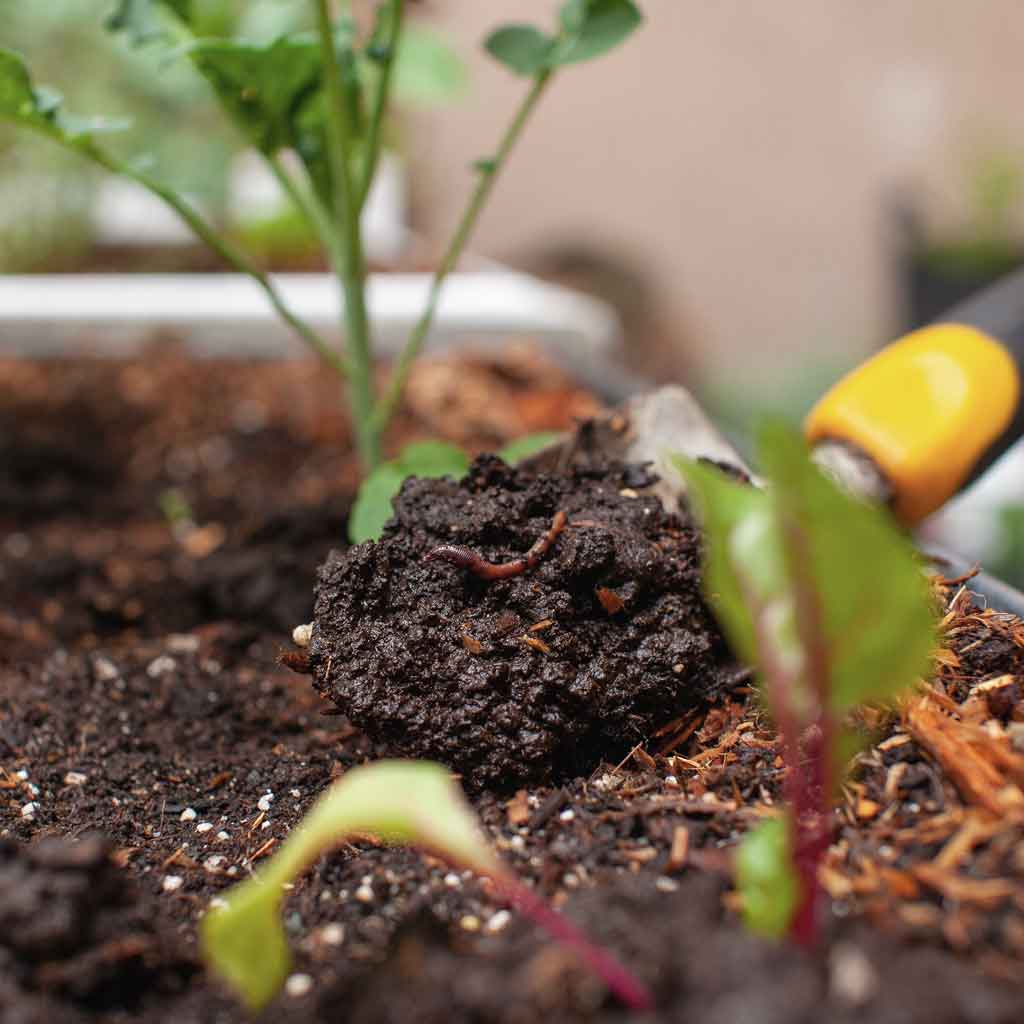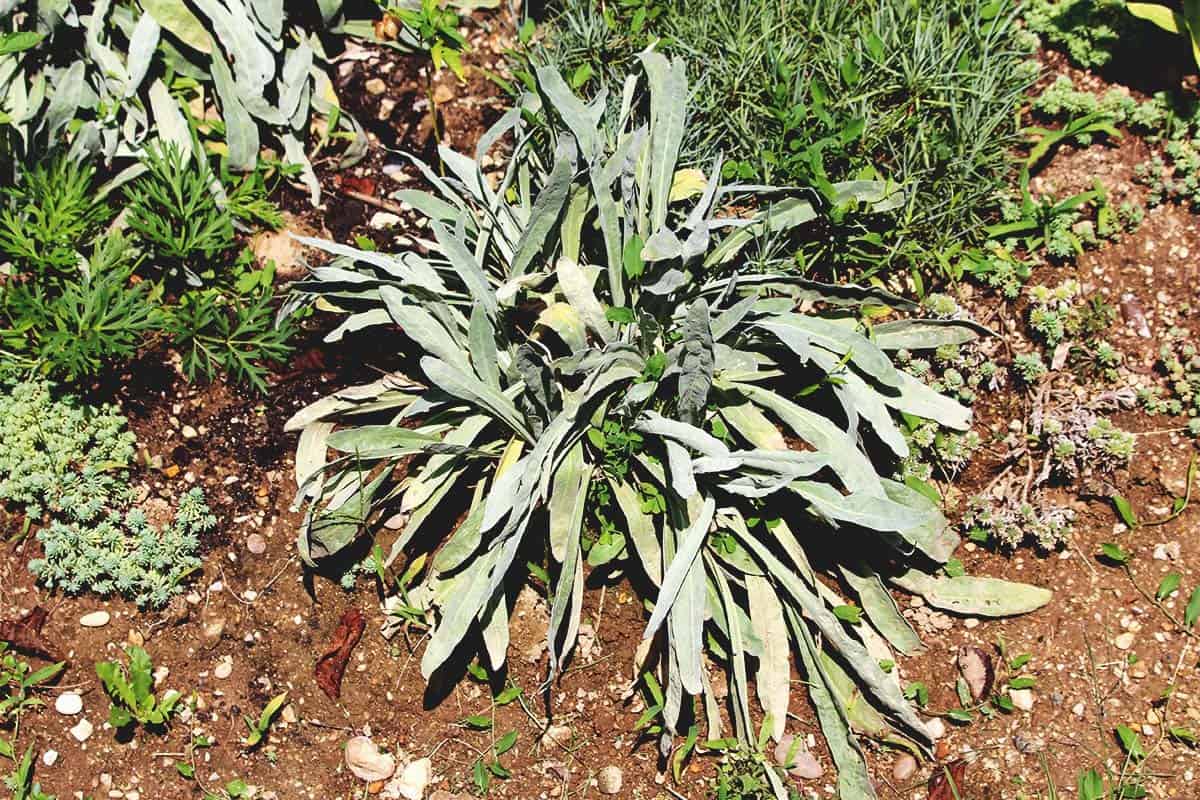Fall Garden Soil Amendments That Will Boost Your Plant Growth
Title: Fall Garden Soil Amendments That Will Boost Your Plant Growth
Introduction:
Fall is a great time to prepare your garden for the next growing season. One of the most important things you can do is amend your soil. Soil amendments are materials that you add to your soil to improve its structure, drainage, and nutrient content. By amending your soil in the fall, you can give your plants a head start in the spring and help them to grow healthier and more vigorously.
Main Content:
There are many different types of soil amendments that you can use, but some of the most common and effective ones include:
- Compost: Compost is made from decomposed organic matter, such as leaves, grass clippings, and vegetable scraps. It is a rich source of nutrients and helps to improve the overall health of your soil.
- Manure: Manure is another great soil amendment. It is high in nitrogen, phosphorus, and potassium, which are essential nutrients for plant growth.
- Leaf mold: Leaf mold is made from decomposed leaves. It is a lightweight and fluffy material that helps to improve drainage and aeration in your soil.
- Peat moss: Peat moss is a dark, acidic material that helps to retain moisture in your soil. It is also a good source of organic matter.
- Gypsum: Gypsum is a mineral that helps to improve the drainage and aeration of your soil. It also helps to neutralize acidity in the soil.
When choosing soil amendments, it is important to consider the specific needs of your plants and the type of soil you have. For example, if you have clay soil, you will need to add amendments that help to improve drainage. If you have sandy soil, you will need to add amendments that help to retain moisture.
To amend your soil, simply spread the amendment evenly over the surface of your garden beds. Then, use a garden fork or shovel to incorporate the amendment into the soil. You should amend your soil to a depth of at least 6 inches.
Conclusion:
By amending your soil in the fall, you can give your plants a healthy start in the spring. Amended soil will provide your plants with the nutrients they need to grow strong and healthy. It will also help to improve drainage and aeration in your soil, which will help your plants to resist disease and pests.
Fall is a great time to amend your garden soil in preparation for next year's growing season. By adding organic matter, such as compost, manure, or leaf mold, you can improve the drainage, aeration, and nutrient-holding capacity of your soil. This will help your plants grow healthier and more productive in the spring.
To learn more about fall garden soil amendments, visit Home Gardening. This website provides a comprehensive guide to choosing the right amendments for your soil, as well as instructions on how to apply them. You can also find tips on how to test your soil's pH and nutrient levels, and how to create a compost pile.
FAQ of fall garden soil amendments
- What are the benefits of adding fall garden soil amendments?
There are many benefits to adding fall garden soil amendments, including:
* Improving drainage and aeration
* Increasing water retention
* Adding nutrients to the soil
* Improving the soil's structure
* Reducing the need for fertilizers
* Promoting healthy plant growth
- How do I choose the right soil amendments for my fall garden?
The type of soil amendments you need will depend on the specific needs of your garden. Some factors to consider include the type of soil you have, the plants you are growing, and the climate in your area. Some common soil amendments include:
* Compost
* Manure
* Peat moss
* Vermiculite
* Perlite
- When is the best time to add fall garden soil amendments?
The best time to add fall garden soil amendments is in the fall, after the growing season is over. This gives the amendments time to break down and improve the soil quality before the next growing season.
- How much soil amendment should I add to my garden?
The amount of soil amendment you need will vary depending on the size of your garden and the type of soil amendments you are using. A good rule of thumb is to add 2-4 inches of soil amendment to the top of your garden beds.
- What are some common mistakes to avoid when adding fall garden soil amendments?
Here are a few common mistakes to avoid when adding fall garden soil amendments:
* Not adding enough amendments
* Adding the wrong type of amendments
* Not mixing the amendments in thoroughly
* Adding amendments too close to the surface of the soil
- What are some other things I can do to prepare my garden for the fall?
In addition to adding soil amendments, you can also do a few other things to prepare your garden for the fall, such as:
* Rake up leaves and other debris
* Mulch around your plants
* Water your plants deeply
* Protect your plants from frost
Image of fall garden soil amendments
10 different images of fall garden soil amendments that are free to use:
- Compost is a great way to improve the overall health of your soil. It adds organic matter, which helps to improve drainage, aeration, and water retention. It also provides nutrients for plants.

- Leaf mold is another organic matter that can be added to soil. It is made from decaying leaves and other plant material. Leaf mold is high in nitrogen and other nutrients, and it helps to improve the drainage and water retention of soil.
- Peat moss is a lightweight soil amendment that helps to improve drainage and aeration. It is also high in organic matter and nutrients. However, peat moss can be acidic, so it is important to test your soil pH before adding it.

- Vermicompost is made from the castings of worms. It is a nutrient-rich soil amendment that also helps to improve the drainage and aeration of soil. Vermicompost is often considered to be a more potent form of compost than traditional compost.

- Wood ash is a good source of potassium, which is an important nutrient for plants. It also helps to improve the drainage and aeration of soil. However, wood ash can be alkaline, so it is important to test your soil pH before adding it.
- Manure is a great source of nutrients for plants. It is important to choose manure that is composted or aged, as fresh manure can burn plants. Manure can also be high in nitrogen, so it is important to test your soil pH before adding it.

- Rock dust is made from crushed rocks and minerals. It is a good source of trace minerals, which are essential for plant health. Rock dust can also help to improve the drainage and aeration of soil.

- Gypsum is a type of calcium sulfate. It is often used to improve the drainage and aeration of soil. Gypsum can also help to raise the pH of acidic soil.

- Perlite is a lightweight, volcanic rock that helps to improve drainage and aeration. It is also pH neutral, so it can be added to any type of soil.

- Vermiculite is a lightweight, mica-based mineral that helps to improve drainage and aeration. It is also pH neutral, so it can be added to any type of soil.

Post a Comment for " Fall Garden Soil Amendments That Will Boost Your Plant Growth"